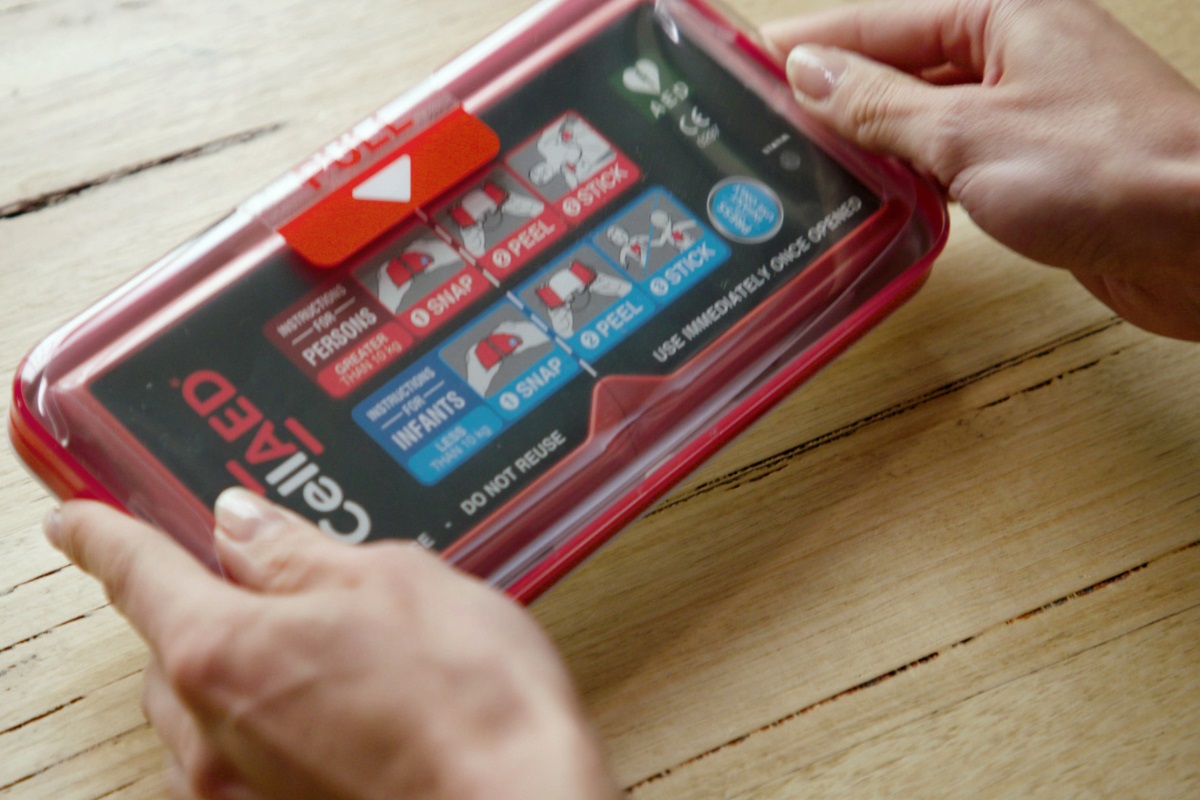For Luke Starr, Chief Communications Officer at defibrillator company CellAED, the stakes could not be higher.
“In Australia, you’re looking at 25,000 deaths [from sudden cardiac arrest] a year. Most of those happen in homes, but about 5,000 of those happen in public,” Luke says.
Although Luke doesn’t yet have specific details on how many of those deaths happen in hospitality venues, he told Bars and Clubs: “It would be a good proportion, because it’s where people congregate, and things like if people are drinking, or if they’re having a big meal, that sort of thing – the risk of a [sudden cardiac arrest] goes up.”
Of course, for venue operators and owners across Australia, the safety of both staff and patrons is of paramount importance, and it’s for this reason that they should seriously consider having a defibrillator at their business, Luke says.
“Essentially, a defibrillator means that you can be a first responder, and you can hopefully buy time to save that person’s life,” Luke says.
While ‘buying time’ might seem trivial on the face of it, Luke explains that with sudden cardiac arrest, it can be the difference between life and death.
“The whole point of it is to buy time, because for every minute without treatment, your chances of surviving a sudden cardiac arrest decreases by 10 per cent.”
Luke also believes it’s important for operators and staff to understand the differences between a heart attack, and a sudden cardiac arrest.
“They’re interchangeable terms for most people, but they’re different things. So heart attack is when usually you’ve got a plumbing problem with your heart, and you’ll get warnings – like you’ll get the sharp pain on your side, you’ll have those symptoms where you think – ‘Oh, you know, maybe something’s going wrong with my chest and my heart,’” Luke says.
“With a sudden cardiac arrest – you’re not conscious. And the first word is true. You just drop, because your heart will all of a sudden, stop pumping normally.”
Recognise the signs
Even before using a defibrillator, it’s crucial that staff are able to recognise the signs that someone is in sudden cardiac arrest. One of the key factors in survivability is the presence of other people, who are able to understand and calmly intervene.
“One of the great things about say, a venue, is your chances of having at least one person know what’s going on, it’s a lot higher,” Luke explains.
Luke gives an example from CellAED’s own staff.
“Our spokesperson in the UK is a guy in his mid-20s, his name’s Ben Cole. And in his late teens, he was working in a restaurant and he collapsed. And the chef knew what was going on, and he grabbed the defibrillator and saved Ben’s life,” Luke says.
“Ben had an underlying heart condition he didn’t know about until his heart stopped. That’s very often the case.”
To read the full story, head to Bars and Clubs.
Click here to subscribe to the weekly Bars and Clubs newsletter.

